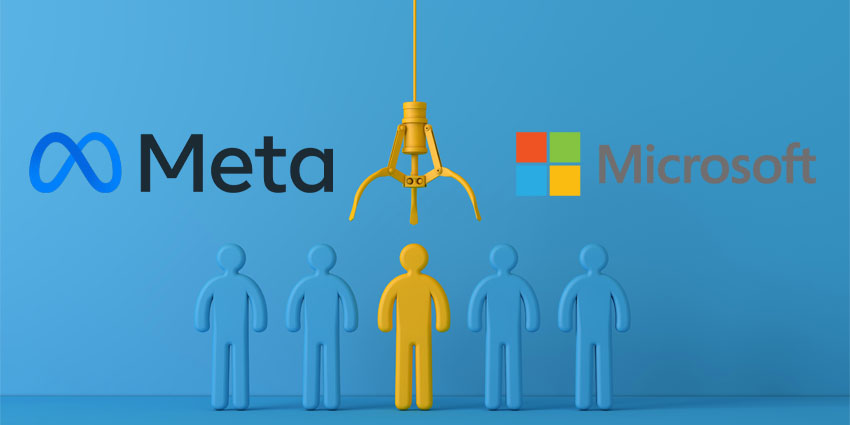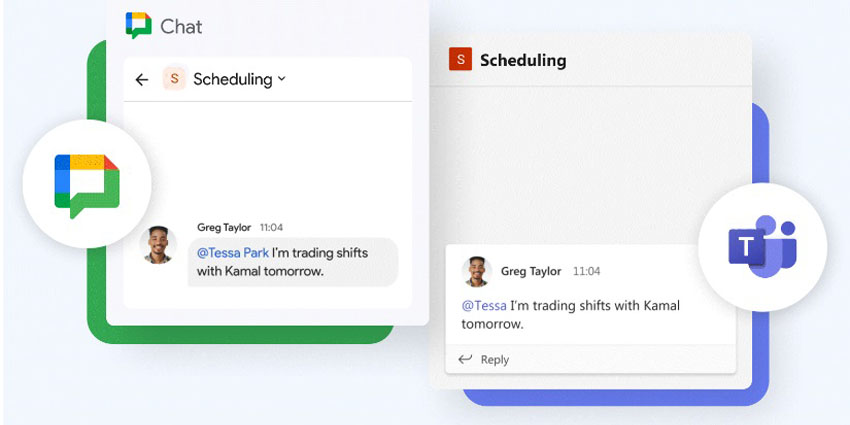Facebook’s Oculus Quest recently celebrated its first birthday. During the one year beta period, the company said, demand for VR for immersive training sessions and meetings grew. This is in line with what researchers at IDC found too. According to the firm, over the past few years, the popularity of VR reality tools at work has accelerated. In 2019, shipments of commercial headsets grew by 93 percent year-over-year, and the market’s predicted to grow by 70 percent in 2020.
Also this year, IDC said the total worldwide spend on commercial VR could total as much as $7 billion, up from $4.5 billion in 2019. Facebook’s Oculus for Business has played a role in that boom. And during its time in beta, companies found a host of applications for the technology to boost productivity and empower distributed workforces, I’m told by Facebook.
“Oculus now supports both new and existing workflows, as well as streamlines the process of scaled deployments for IT departments”
Oculus Quest extends enterprise-ready software and cloud-based management tools that offer scalability. IT admins can leverage Facebook’s device setup app which can provision large numbers of headsets at the same time. The device manager acts as a control hub for all headsets cataloged in a company, which lets administrators update settings and deploy apps remotely to devices scattered across the globe, which could prove valuable boost in the COVID-19 period and in the future of work.
The Oculus for Business platform’s built on Workplace technology, the company’s enterprise collaboration arm, which currently delivers advanced security through ID and account management. A spokesperson said more VR workflow enhancements are underway and Oculus for Business customers should be some of the first to have the experience. Oculus for Business works with existing IT setups and supports integration with MobileIron and VMware Workspace ONE. “There’s a roadmap of upcoming features and updates on the horizon,” Facebook wrote in a recent blog post.
The novel Coronavirus introduced several extra challenges into the workplace equation and augmented reality, as well as virtual reality, could make the future of work more tolerable for those who seek immersive and somewhat real experiences. What’s key to consider is that I use the word ‘somewhat.’ While many consider AR and VR media to offer 360-degree and immersive experiences, they do not compare to in-person interactions. I reached out to Facebook to get its take, and a spokesperson told me VR’s presenting itself as a viable option during the novel Coronavirus era, adding:
“VR can help people feel more present and connected. Immersive experiences that support the broad potential of human interaction show us new, more effective ways to work”
“From remote training to ‘in person’ meetings from thousands of miles away, where people can’t travel, VR can take them there. Now, we’re just working hard to get VR into more people’s hands, so the distances between us will feel just a bit smaller.”
Until recently, AR and VR remained (for the most part) untapped by the commercial market. Today, they are sort of a novelty with these users who leverage the technology for video gaming experiences. This contrasts with that of the business sector, where the technologies have seen high rates of user adoption.







